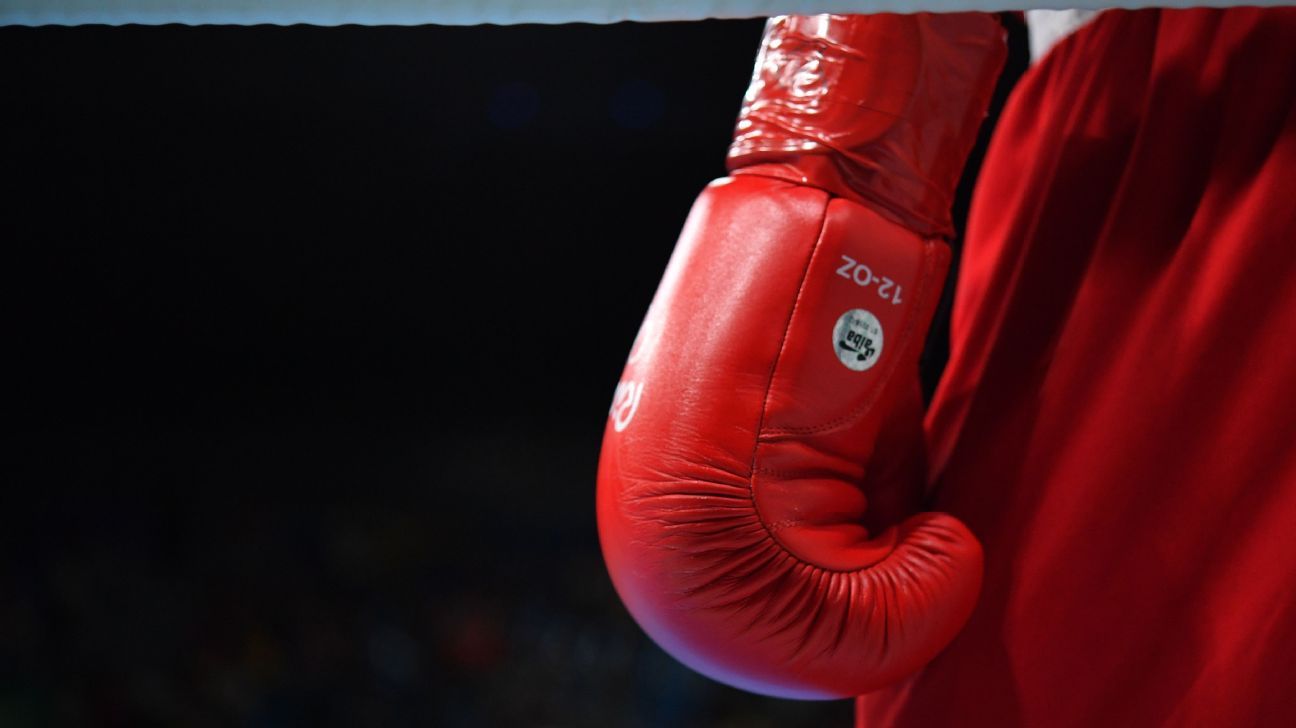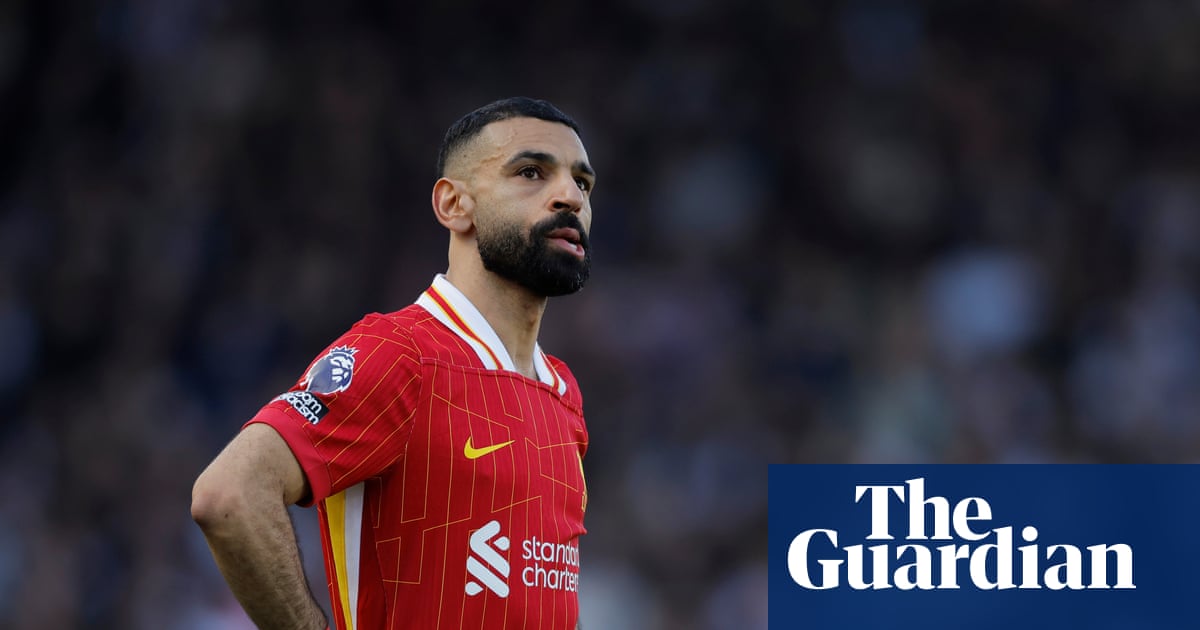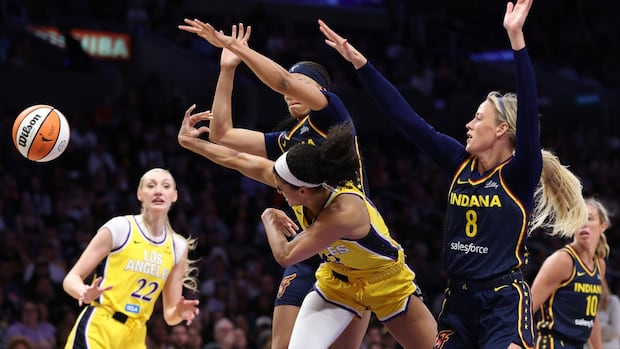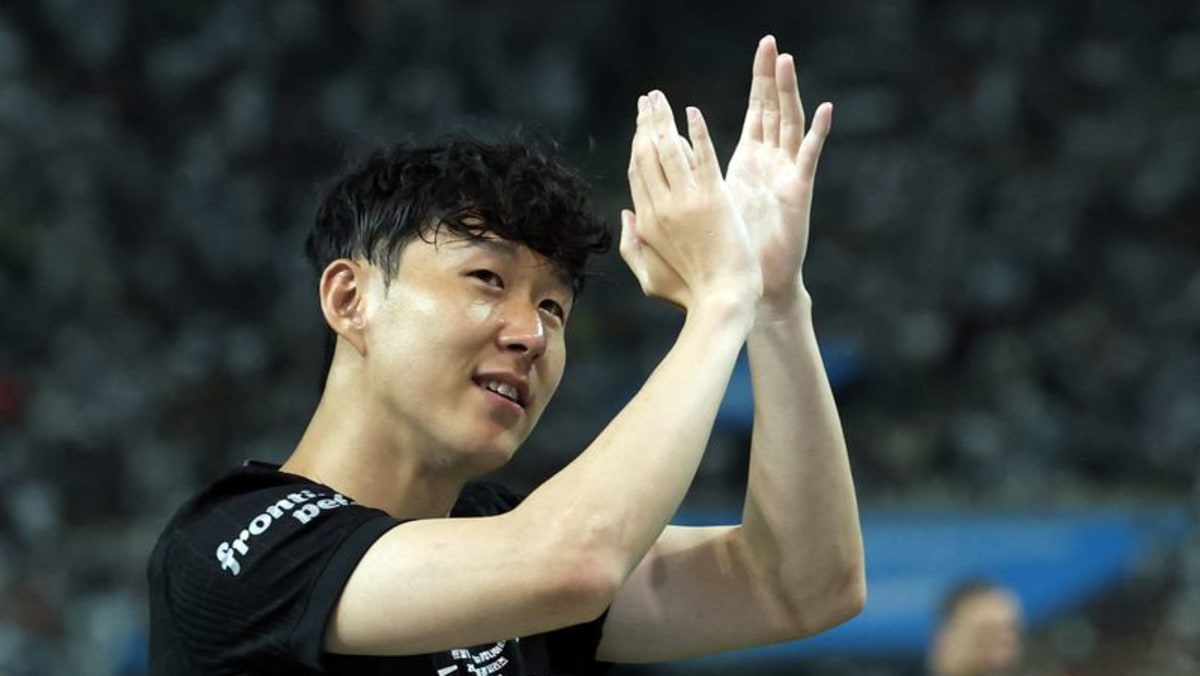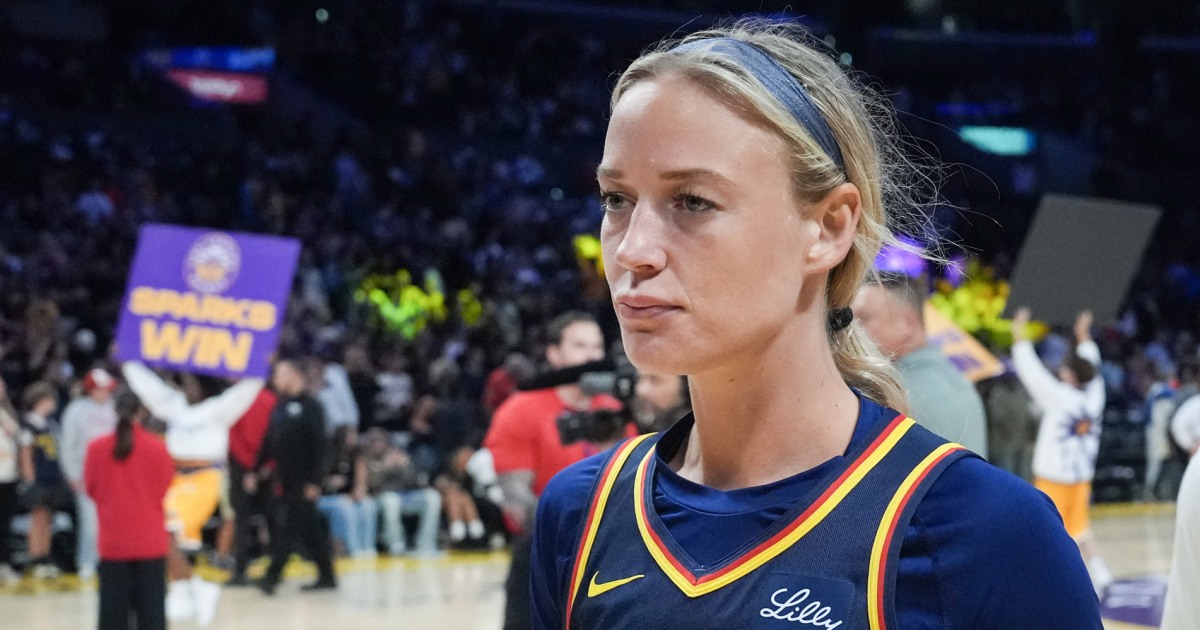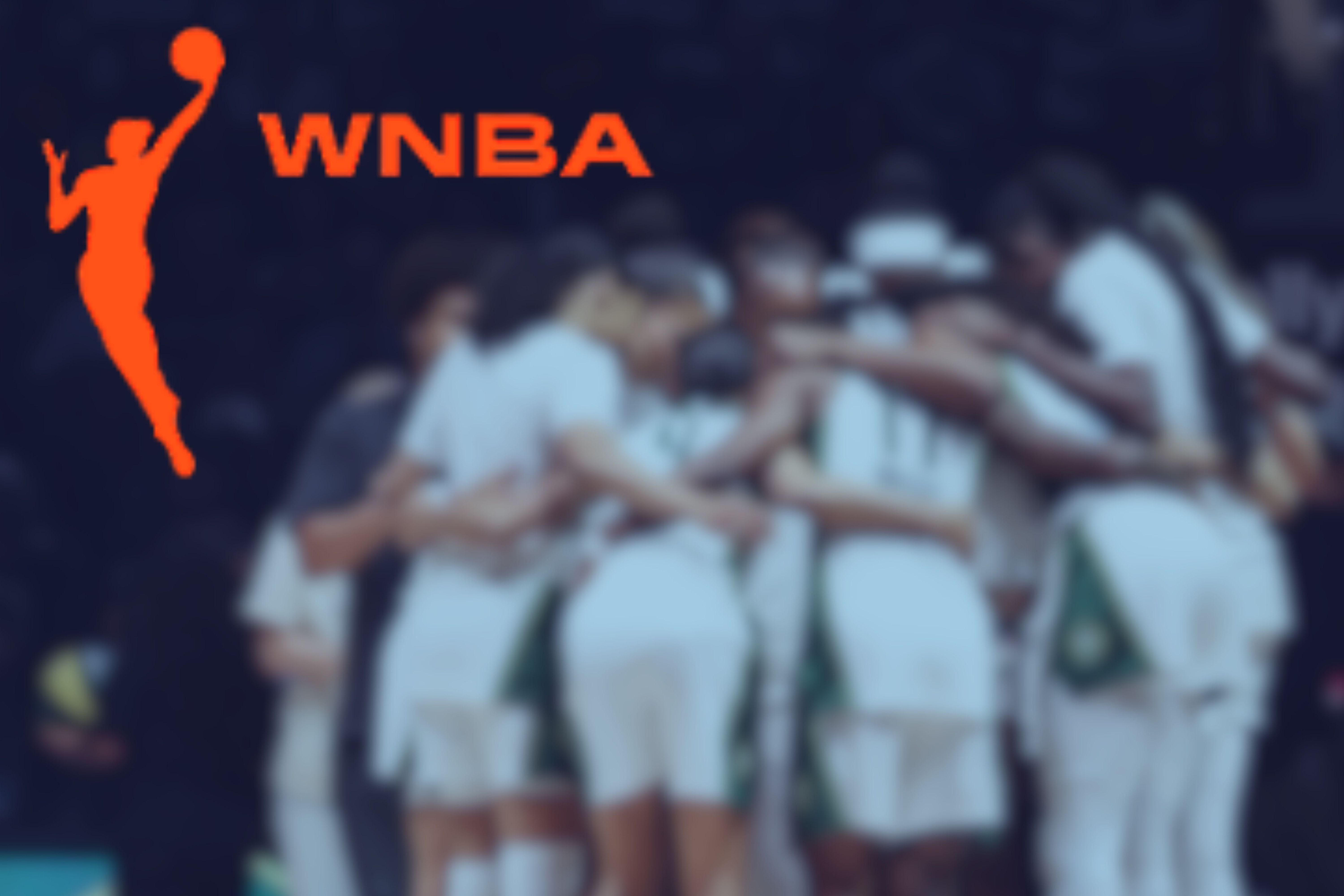John Textor's Lyon Faces Relegation After DNCG Decision: A Rollercoaster of Hopes and Disappointments
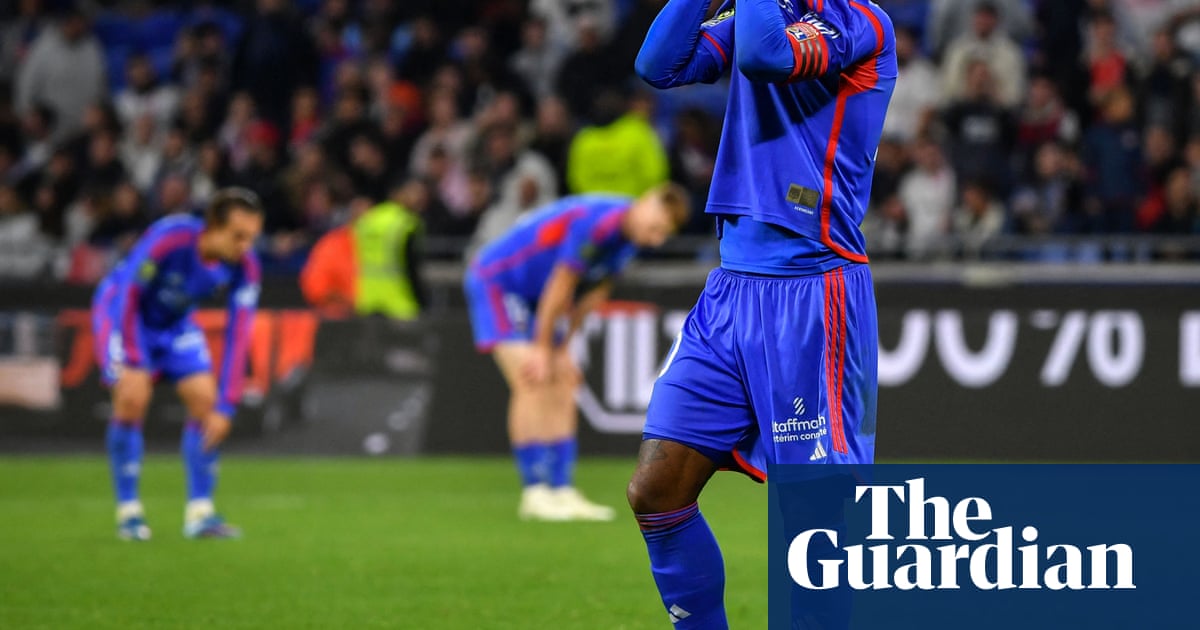
Just five days ago, John Textor was filled with exuberance as he bounded through the corridors of the celebrated Rose Bowl in Pasadena. His team, Botafogo, had just pulled off an astonishing upset against Paris Saint-Germain (PSG) in the Club World Cup, and Textor couldn't help but shout, “Victoire, victoire!” However, his high spirits were abruptly dashed on Tuesday when France’s financial regulatory body for football, the DNCG, delivered the devastating news of Olympique Lyonnais’ relegation to Ligue 2.
Prior to the fateful DNCG meeting, Textor confidently declared, “Everything is good financially.” This was not the first time he approached such meetings with an air of optimism that was swiftly undermined by the commission’s ruling. A similar situation unfolded back in 2023 and in November of the previous year when Lyon faced severe sanctions.
In the earlier instance, the club was slapped with a transfer ban that forced it to offload key players, including Bradley Barcola and Castello Lukeba, without any opportunity to replace them. Textor expressed his indignation and confusion, lamenting, “Welcome to football in France,” in a lengthy statement that criticized the authorities for their failure to comprehend Eagle Football’s multi-club model. This grievance has been a recurring theme in the ongoing saga surrounding Lyon’s financial struggles.
In his critique, Textor placed blame on various parties, including the former owner and president, Jean-Michel Aulas. “He hid bad news. I could have found a solution if I had been aware. Had I known we would encounter these restrictions in the first transfer window, I would have asked to halt the transaction and restructure rather than handing over half a billion dollars in cash to the sellers,” he remarked.
Aulas, who is synonymous with Lyon’s success over his 35-year presidency, retorted aggressively, even hinting at potential legal action. “I was never troubled by the DNCG. I never had any problems with them in my tenure,” he countered. Publicly, Aulas had expressed his reluctance to sell to Textor, preferring another bidder, but that deal ultimately fell through.
Upon taking over Lyon, Textor found himself at the helm of a club burdened by debt. The team had fallen out of the Champions League, yet the wage bill remained disproportionately high, particularly with the return of academy graduates Alexandre Lacazette and Corentin Tolisso in 2022, who came on “free” transfers but with significant salary commitments.
Unfortunately, Textor's efforts to steer the club back on track have been met with limited success. He has overseen the sale of vital assets, including OL Féminin, OL Reign, and the LDLC Arena, which serves as the home for Lyon’s basketball team. Concerns are mounting that the academy, a crucial part of the club’s identity and legacy, could be next on the chopping block. Maxence Caqueret, a recent academy graduate now playing for Como, warned, “If that happens, OL will lose a lot. It is the club’s DNA.” Still, despite these sacrifices, the DNCG remained unconvinced about the club’s financial stability.
Lyon's recent transfer activities have also played a significant role in this predicament. Nearly €150 million was expended last summer in a desperate attempt to reclaim a Champions League spot. Among the more controversial signings was Moussa Niakhaté, who was brought in from Nottingham Forest for €32 million, even though he was not a guaranteed starter. Orel Mangala also joined for over €20 million, and connections with Nottingham Forest continued with possible acquisitions of Danilo and Matt Turner, despite their limited game time last season. These financial decisions have raised eyebrows, suggesting that lessons from past mistakes have not been heeded.
A banner displayed near Lyon’s stadium ominously proclaimed: “Textor: The war is declared!” This sentiment reflects the growing unrest among the club’s supporters. In November, upon entering another meeting with the DNCG, Textor maintained a positive outlook, stating, “The meeting went well, I’m confident in our numbers,” believing he had grasped the nuances of French football governance. Yet, once again, Lyon faced consequences, resulting not merely in a transfer ban but a provisional relegation to Ligue 2.
As the season progressed, many at Lyon viewed on-field success as essential to remedy the club’s off-field woes. “The club’s future has been uncertain since the start of the season; that is why we set ourselves the target of qualifying for the Champions League,” remarked Niakhaté after a defeat to Monaco in May, which dashed their hopes. Ultimately, the team settled for participation in the Europa League once more.
In his quest for Champions League football, Textor made aggressive moves, investing significantly in player acquisitions and hiring coach Paulo Fonseca after losing faith in Pierre Sage’s ability to lead the team to success. However, these strategic bets failed to yield the desired results, denying the club the much-needed Champions League revenue that could have alleviated its deficits.
Despite the turmoil, Textor’s earlier sale of shares in Crystal Palace and the transfer of Rayan Cherki to Manchester City for over €40 million provided him with a sense of renewed confidence. However, the DNCG remained skeptical, rejecting “hypotheticals” regarding future sales and dismissing any potential TV revenue, particularly as Ligue 1 currently lacks a broadcaster for the upcoming season—a situation that affects all clubs.
Initially blocked from entering the DNCG offices, Textor was eventually granted access but left the meeting with a sense of cautious optimism. “We feel very comfortable with the DNCG’s processes. We enjoyed the hearing. Our liquidity situation has improved remarkably, but I’ve learned enough about the processes in France that I would never presume anything coming out of the hearing,” he said.
Tragically, his optimism was misplaced. When the ruling was announced, it sent shockwaves through French football—Lyon, with its storied history and status as seven-time champions, was relegated to Ligue 2. Aulas expressed his devastation, stating, “It is a terrible blow. Sadness dominates and an immense inability to understand.”
The main supporters’ group, the Bad Gones, responded with anger, calling for Textor to exit the club. Banners declaring “Textor out” emerged throughout the city, with the group asserting, “John has never been and never will be the man for the situation. The Botafogo supporter should now leave the Lyon landscape.” Much of the ire has been directed at Textor, even though the broader financial crisis affecting French football can serve as an explanation, as Lyon stands alone as the only Ligue 1 club facing relegation this season.
Lyon deemed the DNCG’s decision to be “incomprehensible” and has announced plans to appeal the ruling. The lower divisions of French football are littered with clubs once thought too prestigious to fall, such as Bordeaux and Sochaux, who now find themselves languishing in lower tiers. Lyon’s grave error was its belief that such a fate could not, would not, happen to them.
Textor remarked last week, “I am one of those that wants to fight PSG, but it is very difficult—you have to go step by step.” If Lyon’s appeal is unsuccessful, the first steps in their new chapter will involve competing in Ligue 2 against teams such as Nancy, Pau, and Rodez next season. A combination of ignorance, hubris, and an inflated sense of exceptionalism has led this once-great club to the brink of catastrophe.

















